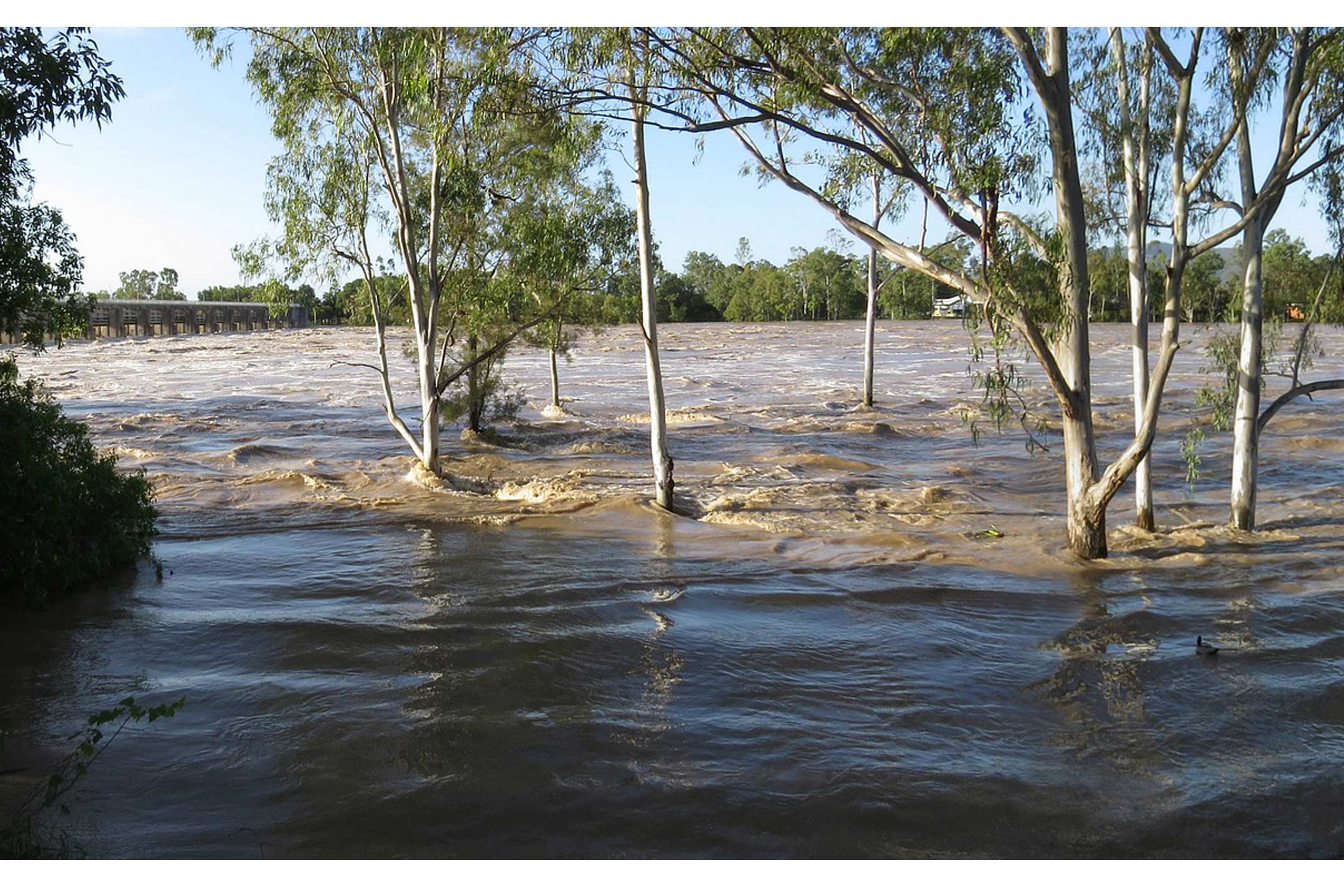
19 Nov Natural disasters: 8 ways to help kids cope
Helping kids recover in the aftermath of bush fires, cyclones, floods or other natural disasters is a challenge for the whole family. The Salvation Army have put together some tips for helping your children after a natural disaster.
Kids can be particularly vulnerable following a natural disaster and their responses can vary greatly. These reactions can include sleep disturbances, clinging to parents, change in appetite, aggressive behaviour and withdrawal. It’s important for you, as a parent or caregiver, to let them know that it’s okay to struggle after a natural disaster. To reassure them that as a family, you will make it through this difficult time.
1) Listen to your kids carefully
Kids need to be able to talk about what happened. It’s natural for them to have questions. While you might not have all the answers, it is still important to let your children ask. There is more value in answering a question with “I don’t know”, than having a child feel like they can’t ask.
2) Reassure your kids that they are safe
Kids need to feel safe, which is something they might struggle with after a natural disaster. When they hear a story about a similar situation or see something on the news, they may become frightened. Listen to them carefully to understand why they are upset and then deal with it directly. For young children, or children who can’t really understand what has happened, reassure them that you and other adults have control over their immediate environment and that you will protect them.
3) Take control of what your kids see
Though this is hard in today’s society, try to minimise your children’s exposure to negative news about the disaster. Often the media show the most tragic and horrific elements which can upset or frighten children. Try as best you can, to prevent your kids from seeing media coverage, particularly imagery that might be difficult for them to understand. If you’re not sure what is appropriate, be conservative.
4) Keep doing regular things
Many kids find security in routine. Getting back to “normal” after a natural disaster can help them find stability. To cancel an outing or to pull children out of school when a crisis occurs may be helpful to you, but it can hurt your child’s sense of security – especially for younger children. Try to keep your routine as “normal” as possible.
5) Look for symptoms of anxiety
Often kids appear to be okay during a natural disaster, but can have difficulty coping later on. It’s normal for children to feel frightened, anxious, panicked or angry. If you notice that your kids are experiencing any of the below, it may be an indication that they are struggling:
- experiencing a change in appetite
- reliving images of traumatic events or dwelling on the event
- easily upset or are quieter than usual
- experiencing headaches or stomach aches
- having difficulty sleeping or having nightmares
Speak with them about it and be patient if they have trouble finding the words. Recovery takes time, but if these symptoms continue for a prolonged period of time, seek professional help.
6) Create some happy memories
It might seem strange, but doing something fun with your children can help the whole family recover. Being able to look back at a difficult time and remember a positive experience can help the healing process. Try taking your kids to a theme park, a movie, a restaurant or have a picnic.
7) Pray with your kids if this helps you
Prayer can provide an answer both for the victims of natural disasters and for your kids. Children feel empowered, knowing that they can pray for those affected by the disaster and for themselves.
8) Make a difference
It’s not uncommon for kids to want to help when hearing about a bush fire, cyclone or flood affecting other people. Whether it’s donating goods to people who have lost their homes and belongings or getting a parent to make a monetary donation on their behalf. It’s a positive act that helps with their own recovery.
Information provided by : The Salvation Army
For more information and additional resources on disaster recovery, visit the Salvation Army’s Still Standing resources pack
Lifeline Information service Toolkit download: Helping your children cope with the after effects of a natural disaster
Image Vicki Nunn from Pixabay

